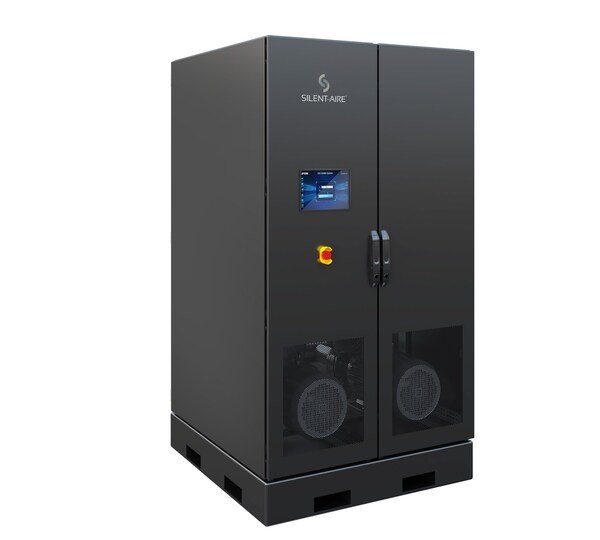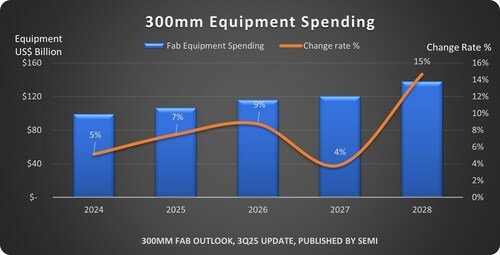China Intensifies Semiconductor Import Crackdown to Boost Domestic AI Chip Production
China Intensifies Semiconductor Import Crackdown to Boost Domestic AI Chip Production
China has launched a sweeping crackdown on semiconductor imports as part of its push to reduce reliance on U.S. technology and accelerate self-sufficiency in advanced computing.
Over recent weeks, customs teams stationed at major ports have intensified inspections of chip shipments, with particular scrutiny on processors supplied by U.S. chipmaker Nvidia, according to multiple industry sources. The checks initially targeted Nvidia’s China-specific models — the H20 and RTX Pro 6000D — which comply with U.S. export restrictions yet remain widely used by Chinese firms seeking AI capabilities.
However, officials have since broadened the operation to include all high-performance semiconductor imports, seeking to stamp out illicit trade in restricted chips and ensure compliance with Beijing’s directive to favour domestic technology suppliers. The new enforcement measures underscore the government’s growing resolve to curb dependence on American components in the race to dominate artificial intelligence.
Until recently, Chinese customs authorities paid little attention to the provenance of chips so long as tariffs were duly paid. That has now changed. Sources say authorities are also investigating possible false import declarations and have launched inquiries into companies suspected of smuggling advanced hardware. Among those under investigation is U.S. trading firm Tower Research, which faces allegations of importing high-end processors without proper authorisation.
The campaign follows guidance issued by the Cyberspace Administration of China (CAC), which in September instructed major tech players including ByteDance and Alibaba to halt orders and testing of Nvidia products. This coordinated effort between customs and the CAC represents a pivotal moment in China’s strategy to shift its vast technology ecosystem towards home-grown alternatives.
Beijing’s confidence in its domestic chipmakers appears to be growing. Senior officials now believe that Chinese-designed processors can match, or soon match, the performance of Nvidia’s locally-adapted chips. Authorities have reportedly set an ambitious target to triple the country’s output of advanced semiconductors next year, a move designed to close the supply gap created by restricted imports.
For Nvidia, the shift marks a sharp turn in one of its largest overseas markets. While the company previously earned $4.6 billion from Chinese sales in the first quarter of this fiscal year, it has since excluded China from its future revenue forecasts amid tightening export rules and rising domestic competition.
The latest import clampdown symbolises Beijing’s wider ambition: to secure technological independence, fortify its AI ecosystem, and assert itself as a global power in next-generation computing — even as U.S. sanctions tighten and geopolitical rivalries deepen.
















